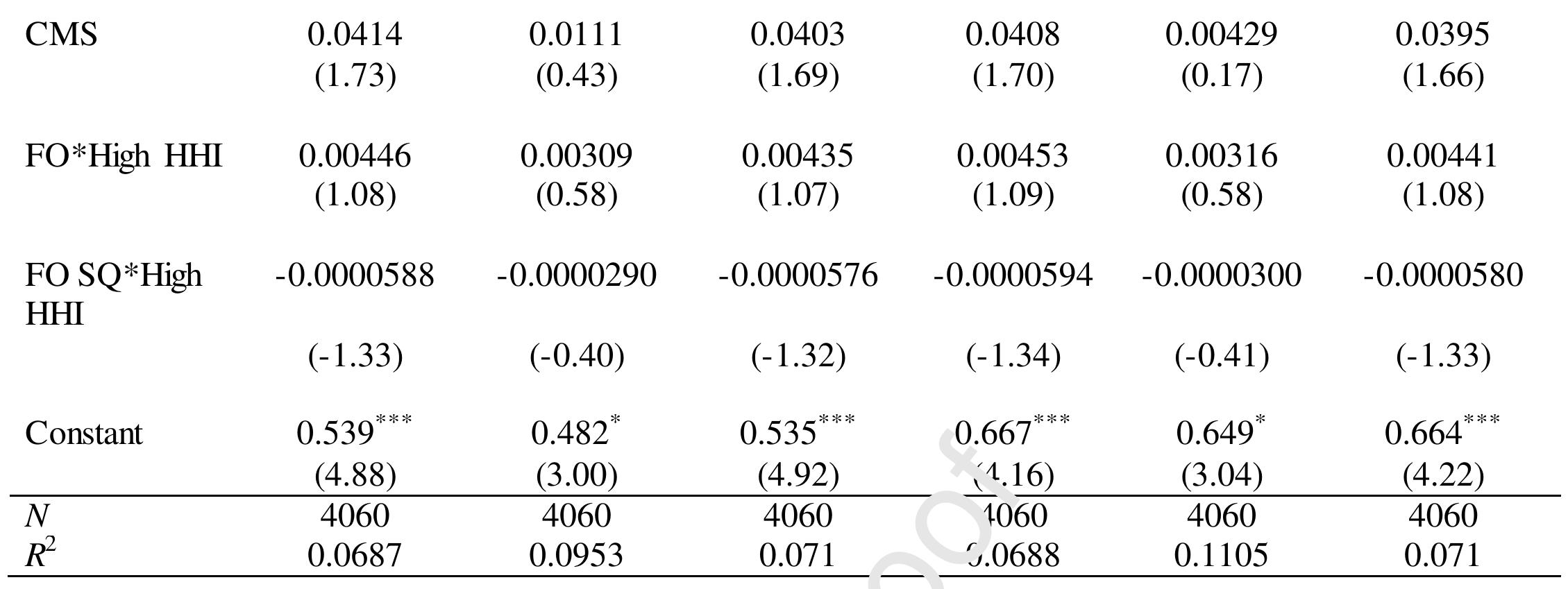Key research themes
1. How do capital structure and profitability influence firm valuation across different economic contexts?
This research area explores the relationship between firms’ capital structure choices—specifically leverage—and profitability, and their joint impact on firm valuation. Understanding this relationship is crucial for optimal financial management, as firms seek to balance debt and equity financing to maximize value while managing risks such as financial distress. The theme is particularly relevant given mixed empirical evidence, variations across developed and emerging markets, and differing effects of short-term versus long-term debt.
2. How can risk factors be systematically identified and integrated into firm valuation models?
This theme investigates the methodological challenges and approaches for incorporating diverse risk elements—from business environment uncertainties to bankruptcy risk—into firm valuation. Accurate risk quantification is vital for realistic valuation outputs that inform investment decisions, regulatory compliance, and strategic planning. The papers collectively develop frameworks and heuristic methods to capture risk’s multifaceted impact beyond traditional market-based models.
3. What roles do earnings quality and earnings management play in determining firm value and investor perceptions?
This research theme focuses on the informational aspects of earnings reports—assessing their quality, the intentional managerial shaping of reported earnings, and their consequential effects on firm valuation. Given earnings are a primary metric for investors, understanding how earnings quality influences valuation, and how earnings management motives and practices either enhance or distort it, is central to accurate firm assessment and governance.















































